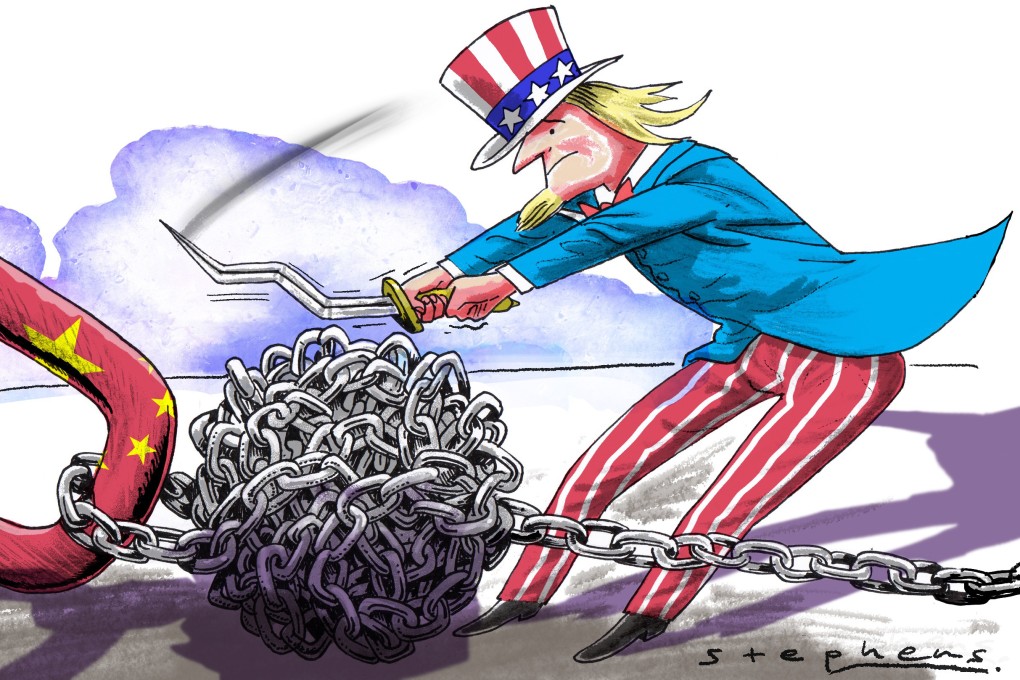Advertisement
Opinion | US-China decoupling: Beijing has options beyond Russia in navigating geopolitics of technology
- China’s most important technological partners are not in Russia but in US-allied countries such as Germany and Japan
- Until the US brings down the hammer on its friends and partners, the door will remain partly open to China as long as it doesn’t fully side with Russia
Reading Time:4 minutes
Why you can trust SCMP
5

The Group of 20 summit last month gave the world contrasting images of its two leading autocratic powers. Russian President Vladimir Putin was not even present, and his foreign minister left early after sitting through a speech by Ukrainian President Volodymyr Zelensky, who was specially invited.
Advertisement
But at the same event, leaders from around the world met bilaterally with President Xi Jinping, even walking across the stage to him as if he were hosting the event in China. China’s weight in the global economy was also on display two weeks before when German Chancellor Olaf Scholz flew to Beijing with a business delegation, not long after Xi’s anointment for a new leadership term at the 20th party congress.
The difference in the world’s treatment of Russia and China shows the “axis of authoritarianism” between these states is a mirage. Other countries’ divergent interests regarding Moscow and Beijing reflect the two countries’ own differing priorities towards the rest of the world.
But they have a common rival in the United States, so they also have an interest in partnership, to the extent that this helps balance US advantages in global contests for power.
Nowhere are these US advantages greater than in technology. US firms still occupy the commanding heights of key technology supply chains, a structural feature of the world economy that Washington can wield against its rivals. It did so against Russia in response to Moscow’s invasion of Ukraine.
The US is now targeting China with its leverage over the supply chain for semiconductors, with sweeping export controls that represent the first move in an apparent strategy of technological containment. But the US is already discovering the frictions of weaponising interdependence in a world where key technology is controlled by other states.

Advertisement
 - Copy (1).jpg?itok=6Jo-m5BH&v=1670287415)
